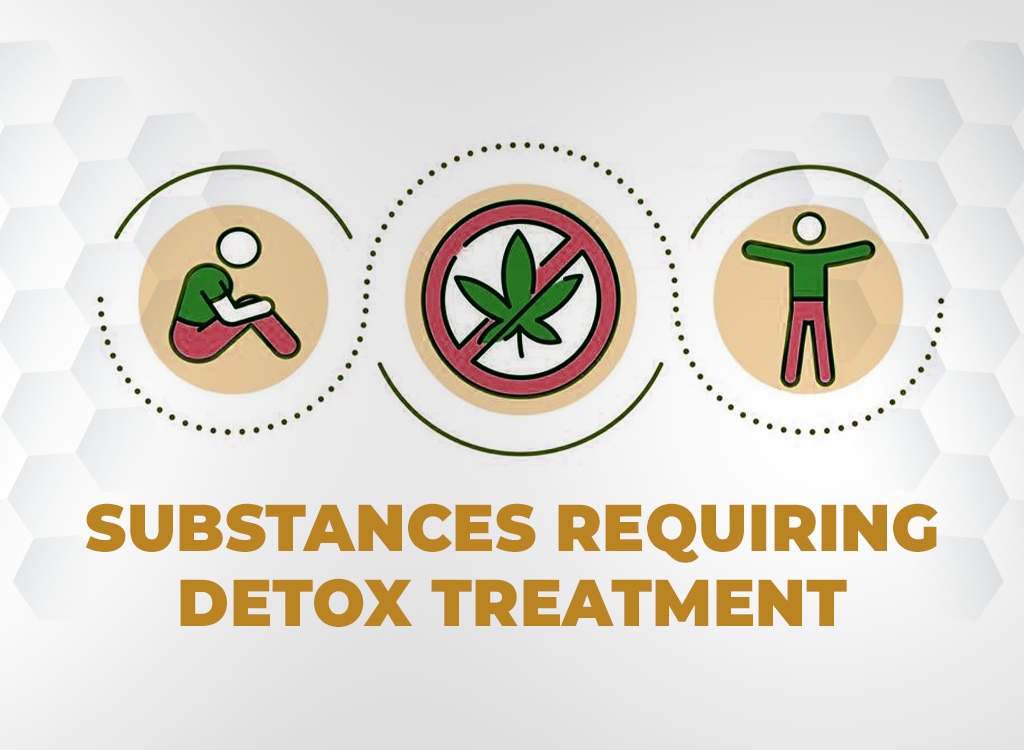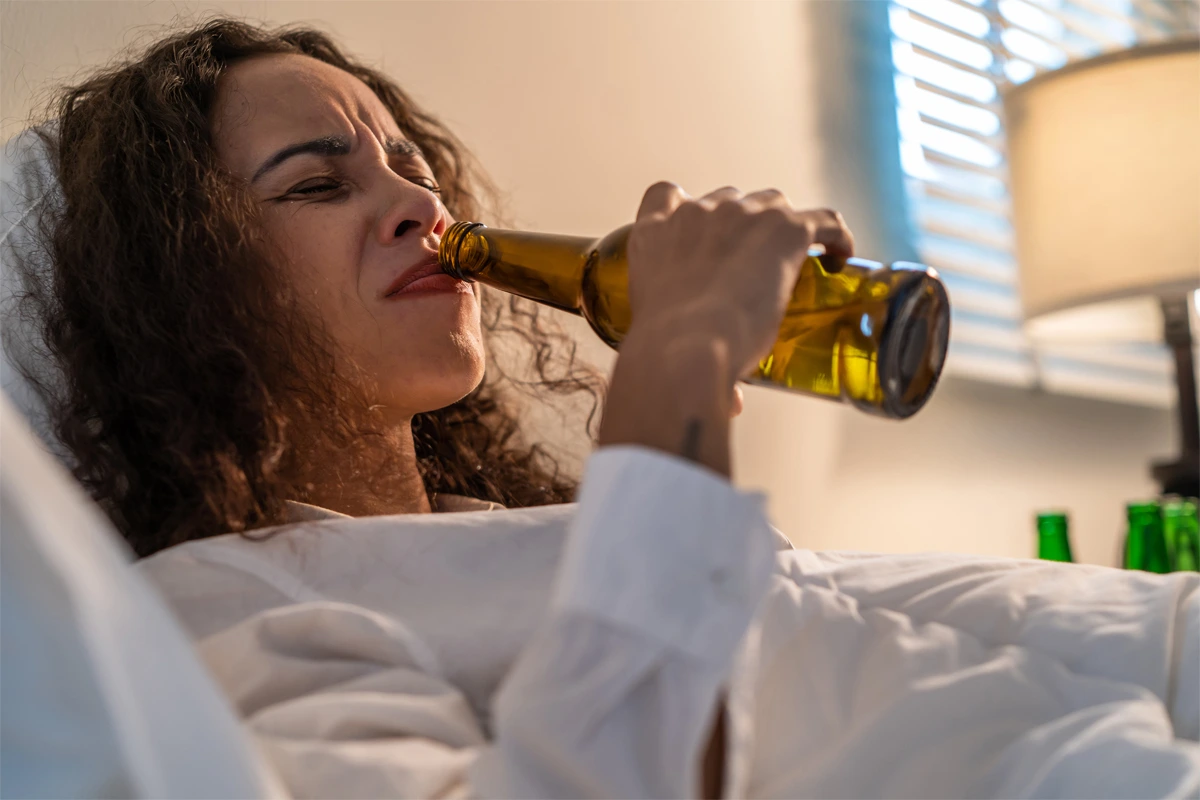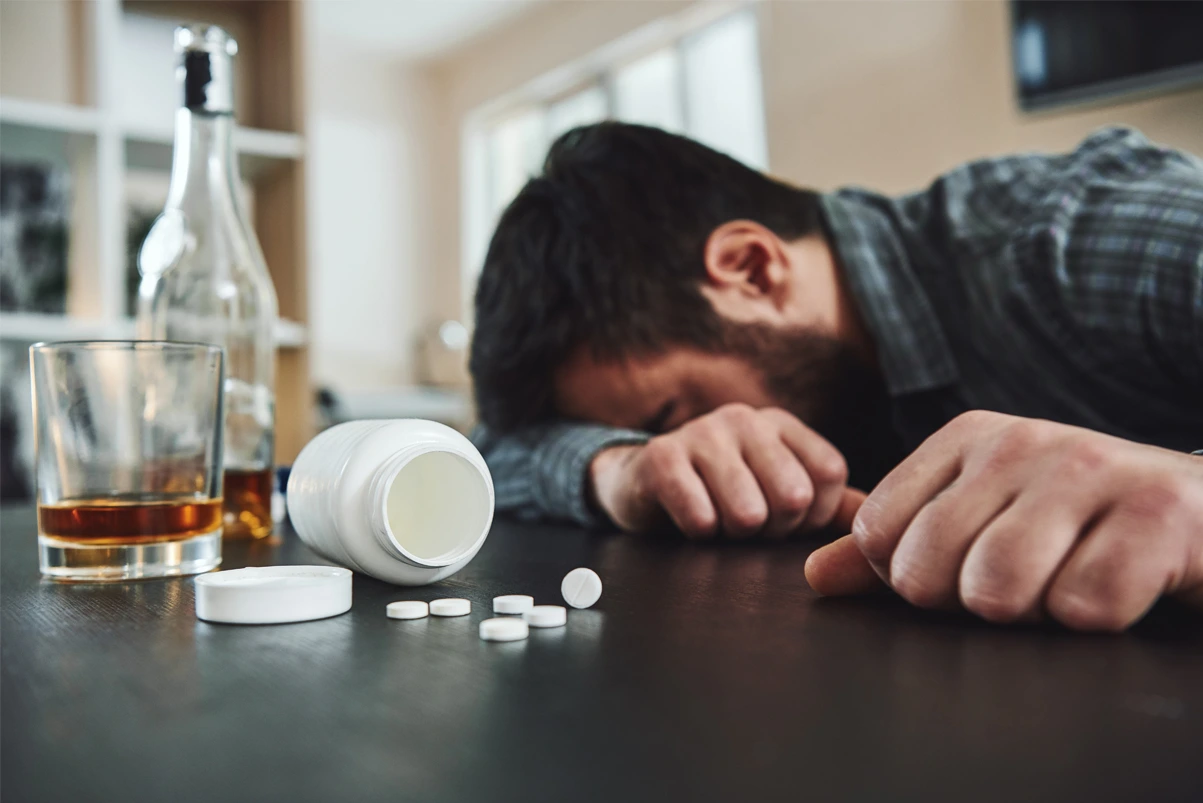Is there a quick and easy way to detox from drugs? How do you detox your body from prescription drugs, meth, or heroin? Are these processes all the same? On the contrary, so many drugs create different sets of problems for users. There really is no quick fix to detox, it must be done correctly and efficiently to benefit you.
Detox can be done safely, with a team of addiction detox professionals and your commitment to sobriety. While there are many dangers to our mind and bodies from drug use, most of these effects can be reversed with rehab treatment and detox.
The Danger of Drugs
Drugs and alcohol affect us mentally, emotionally, developmentally, physically, and psychologically. While different drugs come with different dangers; all substances can lead to dependence, addiction, injury, accidents, health problems, sleep problems, and more.
Drug use affects not only the individual addicted, but all of those around that person. Cocaine use has been involved in nearly 1 in 5 overdose deaths and causes asthma, bowel decay, and HIV risk is increased with use.
Methamphetamine use can kill you on your first time using the drug. Meth speeds up our body’s systems to nearly dangerous levels and can cause anxiety, confusion, insomnia, paranoia, and aggression.
Prescription drugs such as Xanax, valium, Ritalin, or Ativan are the top overdose deaths in America and can cause immediate coma and brain damage. According to the Substance Abuse and Mental Health Administration; SAMHSA, individuals between 15 and 25 are the heaviest users of these drugs while individuals ages 26 to 49 are on the rise of addiction due to COVID 19 pandemic stress.
What is Drug Detox Treatment?
You may have never heard of drug detox and are wondering what exactly drug detox treatment is. Drug and alcohol detox treatment is recommended as part of addiction recovery. Detox occurs before you enter rehab and works by eliminating drugs or alcohol from your system. It also works to pull out other harsh toxins from the body. Detox is defined as the process of ridding your body of all addictive drugs so your brain and body can slowly heal.
Medical detox is always recommended for treatment and depending on the individual you may detox from home under care or go into a detox center for 24-hour supervision for drug withdrawal. This provides a safe and comfortable setting for you to detox and reduce withdrawal symptoms under professional care.
What Type of Substances Require Detox Treatment?

There are a variety of substances that can lead to addiction such as opioids, prescription medications, hallucinogens, benzodiazepines, heroin, methamphetamines, and more. Meth, cocaine, and heroin are some of the most addictive drugs in the United States.
Opioids such as oxytocin, Percocet, fentanyl, morphine, and codeine are all highly addictive and can lead to coma and death. There are also different addictive benzodiazepines such as Xanax, Valium, Klonopin, Ativan and Librium. 44 Americans die from a prescription overdose every day.
About 85 million prescriptions of these types of drugs were written in 2007 and the numbers are much higher today. 16.6 million individuals aged 18 and older suffer from an alcohol abuse disorder. There are other addictions that can occur as well that don’t involve psychoactive drugs like gambling, shopping, etc.
How Long is the Drug Detox Process?
The length of stay at drug and alcohol detox programs varies on the individual and what substance they are using, how heavy the use and how dependent they are to the substance. Detox starts as soon as you stop using substances and this process may last a few days up to several weeks.
Post-acute withdrawal symptoms may occur with heavy drug or alcohol use and typically show signs a few weeks to a few months after using drugs. If you are considering drug detox services and want to know how to detox your body from drugs and how long that may take you should call a detox treatment center today.
How Long is a Detox Treatment Program?
There is no predetermined length of stay when you enter a drug rehab detox program. Treatment will vary based on:
- What substance you use
- How much of the substance you use
- How often you use the substance
- Withdrawal
- Dependence
- Tolerance
- Co-occurring disorders
- Mental health issues
You will be evaluated by a medical professional before starting detox to determine about how long detox will take but it is always subject to change. After detox, the next step is coming up with a treatment plan that best fits your needs, and this may include entering inpatient rehab or outpatient programs.
How Your Body Processes Drugs
Since different drugs have different uses, they will affect your body in different ways. All substances have short term and long term affects on the mind and body that can lead to more problems in life.
- Depressants: These types of drugs slow the central nervous system and can make you feel relaxed although large doses can lead to vomiting, unconsciousness, and death
- Hallucinogens: These will distort reality and can cause euphoria but may also cause jaw clenching, panic, or paranoia
- Stimulants: While depressants slow the nervous system, stimulants speed it up making you feel more alert and confident. In large doses stimulants cause increased heart rate, agitation, and sleepiness.
Using these drugs can affect your mood, behaviors, and even your thoughts and how you make decisions.
How Long Will Drugs Stay in Your System?
The amount of time drugs or alcohol will stay in your system varies by:
- Your age
- Your weight
- Your sex
- Your physical health
- Presence of other drugs in the body
According to the American Addiction Centers, these are averages from urine tests:
- Heroin: 1-3 days in your system
- Cocaine: 2-3 days in your system
- Marijuana: 1-7 days in your system
- Meth: 2-3 days in your system
- MDMA: 2-4 days in your system
Many factors will lead to how long a drug will stay in your system because drugs are so very different from each other, and people are also different. Two people using the same drug may have completely different reactions.
The Dangers of Drug Detox
Have you wanted to detox from a drug, but want to know the dangers of detox? Maybe you have wondered how to detox your body from drugs in one day, or if that’s a safe or possible option.
Drug detox can be very dangerous especially if done alone at home. Detoxing at home without the monitoring from medical addiction professionals can lead to a life-threatening situation. Drug withdrawal can bring severe pain and discomfort and you may need pain medications and medical help during your detox.
How do medical professionals reduce harm during detox?
- Provides medical and psychological strategies to ease pain from drug withdrawal
- Manages your needs during withdrawal
- Provides medications for pain
- 24-hour monitoring for your safety and comfort
It is never a good idea to try to detox your body from drugs and alcohol at home without medical help. Outpatient detox may be possible, but it will still involve medical providers assisting you.
What’s the Best Drug Detox for Me?
If you are a heavy chronic drug user, you will want to search for a detox center that provides medications for the pain that will come from withdrawing. If you have a milder drug addiction, you may not need to use the same type of detox program and may only need outpatient detox.
The best drug detox treatment program for you is one that will cater to all your needs based on your personal addiction and background. Some detox treatment centers specialize in one specific drug while others may cater to several types or may even provide detox for all substances and individuals with co-occurring disorders or dual diagnosis.
Finding a Professional Drug and Alcohol Detox Center
Lion Recovery in Los Angeles provides a safe and reliable medical detox program. You can visit their website here: Best Recovery Center In California – Lion Recovery. Lion recovery creates a welcoming space for those who have suffered from the many negative effects of drug addiction and are ready to help you overcome and start your recovery.
Lion Recovery can be contacted via there website or by phone right now at (888) 616-3179. A positive aspect about Lion Recovery is that they not only provide detox services, but also will help with providing interventions for loved ones with substance addiction.
Citations
Recovery.org. 2021. Alcohol and Drug Detox Process | Recovery.com. [online] Available at: https://www.recovery.org/addiction/detox-process/.
2021. [online] Available at: https://www.samhsa.gov/adult-drug-use.
DrugAbuse.com. 2021. Dangers of Alcohol and Drug Detox at Home | Drugabuse.com. [online] Available at: https://drugabuse.com/treatment/detox/dangers-at-home/.
The Recovery Village Drug and Alcohol Rehab. 2021. Drugs That Require Medicaly-Assisted Detox | The Recovery Village. [online] Available at: https://www.therecoveryvillage.com/treatment-program/medical-detox/related/drugs-requiring-medically-assisted-detox/.
Betterhealth.vic.gov.au. 2021. How drugs affect your body – Better Health Channel. [online] Available at: https://www.betterhealth.vic.gov.au/health/healthyliving/How-drugs-affect-your-body.
American Addiction Centers. 2021. How Long Do Drugs Stay In Your System? (Drug Half-Life & Drug Tests). [online] Available at: https://americanaddictioncenters.org/how-long-drugs-system.
Recovery, C. and Addiction, E., 2021. Addiction Statistics. [online] Addiction Center. Available at: https://www.addictioncenter.com/addiction/addiction-statistics/.




